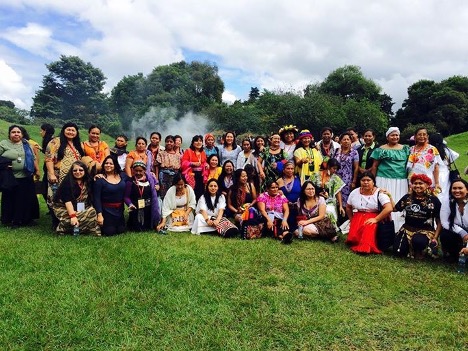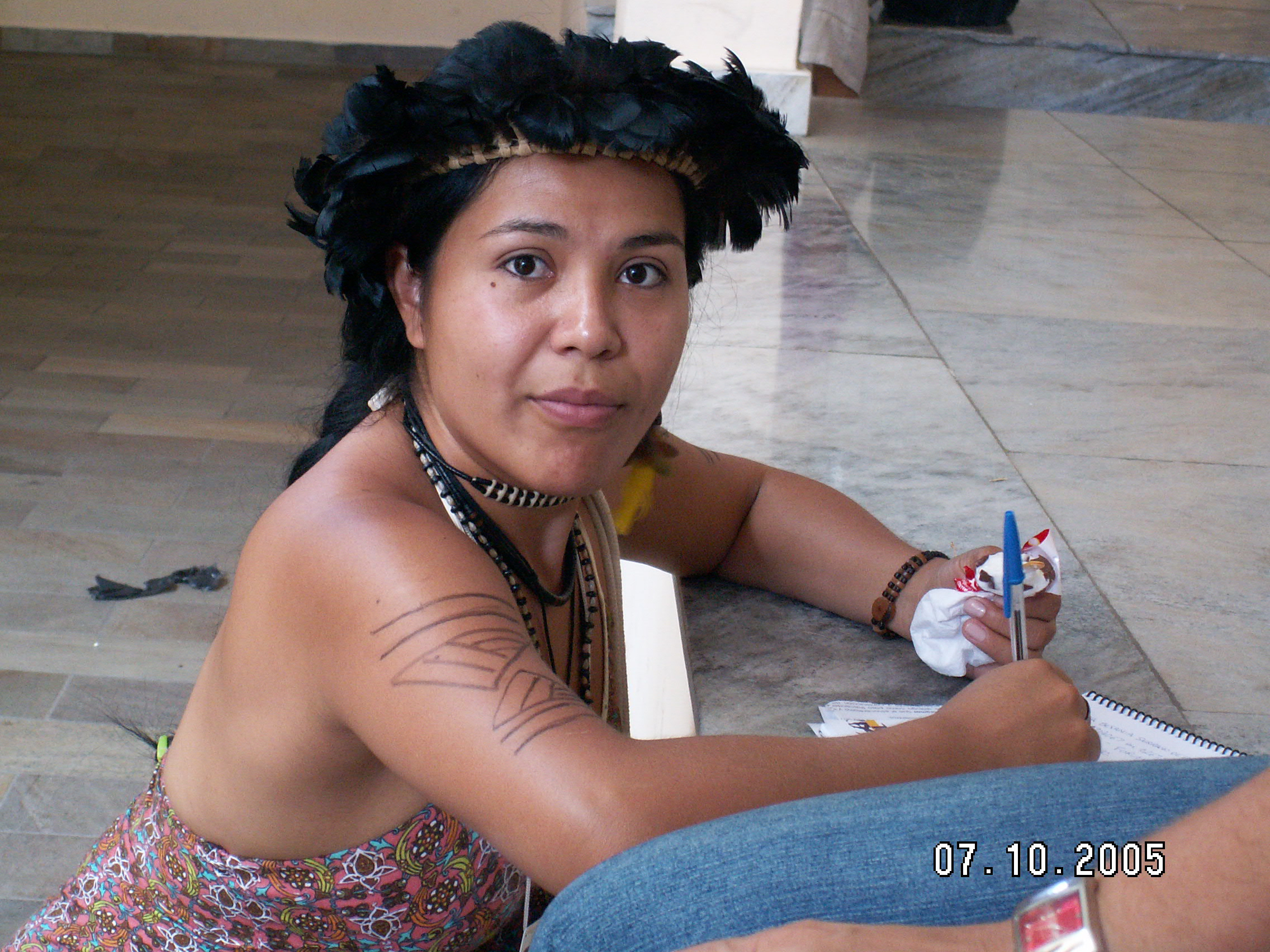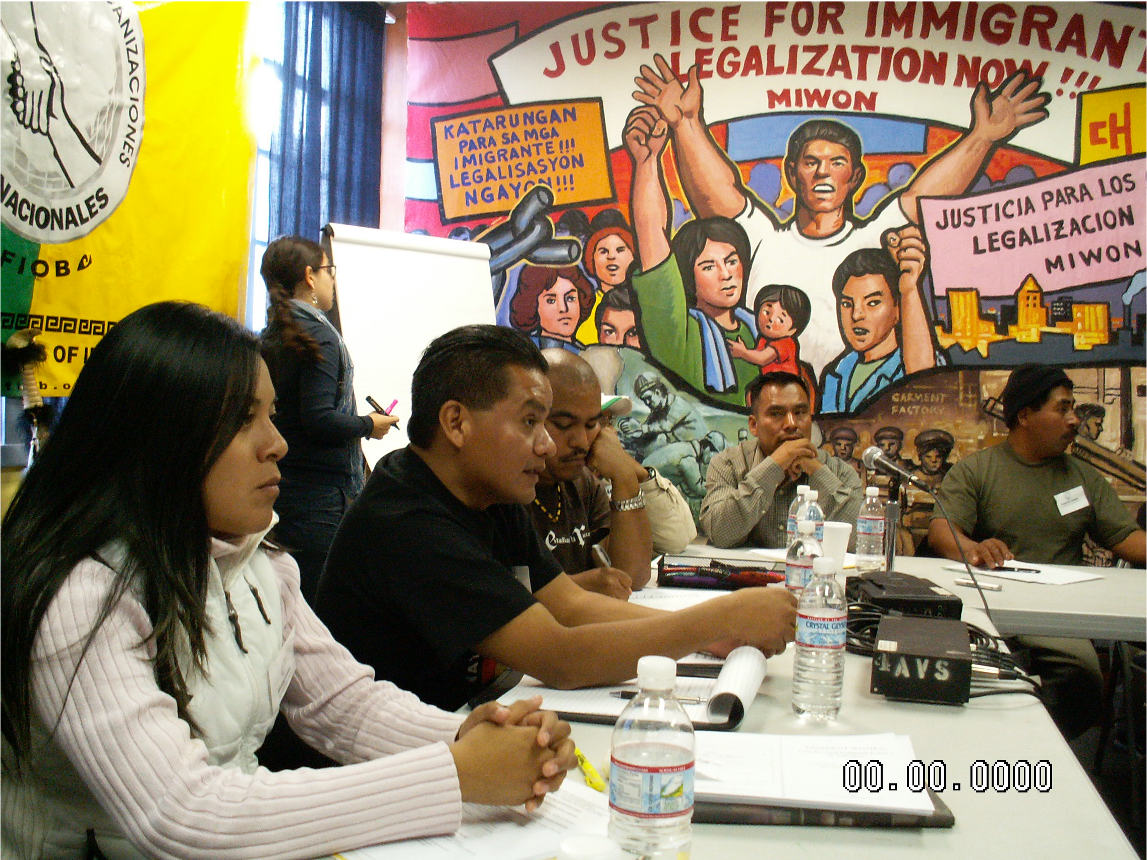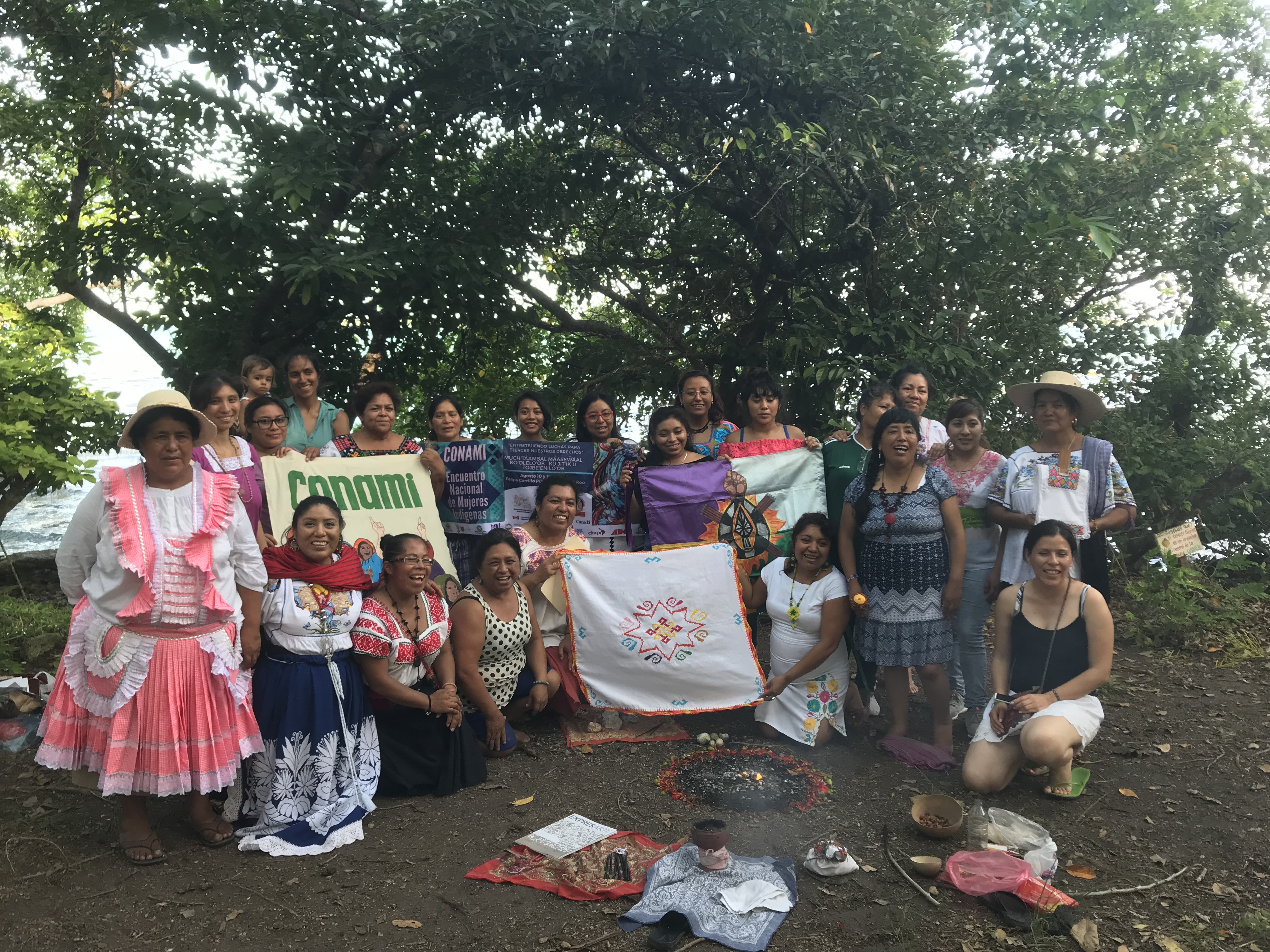Philosophy
The Mobile Indigenous Community Archive (MICA) is an Indigenous memory and knowledge project of rematriation. What Indigenous healers, activists, teachers and guides have taught about rematriating seeds and plant medicines informs our community guided archival practices of gathering (known in the archival world as collecting), storing (organizing, developing metadata, cataloging and indexing), planting and harvesting (giving access, curation, exhibition), teaching (skill sharing, trainings and pedagogical philosophies), and communal labor (partnering with Indigenous community and students to tend to the processes above). We provide technical assistance and labor to Indigenous organizations and community members to collect and digitize their documents, videos, photos, and ephemera to build and catalog their collections in ways that make sense to them. Critically, communities retain control over what is collected, how it is collected, how it is organized and cataloged, how it is preserved, and ultimately, how it is used. Thus, MICA’s commitment to rematriate and reseed Indigenous memory and knowledge is guided by community-designed processes and protocols. MICA’s philosophy behind rematriating and reseeding knowledge is inspired by Indigenous nations and community organizations are building their own Indigenous seed banks and seed exchange programs to gather, protect, grow, teach about, and ultimately rematriate seeds that have been missing from Indigenous lands for generations.
Historically, academic research and archiving has perpetuated colonial dispossession and theft by removing Indigenous knowledge from its community context, extracting knowledge and resources to produce reports, policy, scholarship, and archives by and for those external to the community, never returning to invest or give back or repatriating that knowledge and stories into the communities or organizations. Seeds and plant knowledge is being recovered despite corporate biopiracy, biocolonialism, and capitalist greed that profit off Indigenous plant technologies, science, and seeds by genetically modifying them, killing their ability to propagate future generations, monocropping (where genetically modified seeds kill the rich variation of ancestral knowledge/seeds of corn, for example), and patenting Indigenous technologies of plant care and medicinal knowledges to monopolize that knowledge for profit.
These actions can be seen as extensions of academic disciplines created through the colonial endeavor, many of which continue to practice epistemic extractivism, decontextualizing and cutting off stories and knowledge from future Indigenous generations, monoworlding and monopolizing knowledge and knowledge validation procedures, and ultimately profiting from Indigenous dispossession. Thus, the institutionalization of knowledge in traditional archives can replicate settler colonial logics and nationalist narratives, categories and hierarchies of knowledge based on ideas and informational logics of conquest, expansion, white supremacy, heteropatriarchy, imperialism, US exceptionalism, to name a few. And yet, Indigenous memory and alternative archives have, just as seeds, plant medicines, Indigenous science and technologies, endured despite colonial attempts at extermination, settler colonial narratives, and eurocentric education and institutions that reinforce white knowledge supremacy.
MICA attends to Indigenous diasporic memory as the project emerged in dialogue with activists and scholars from the Indigenous diaspora from Mexico and Guatemala and is inspired by what Floridalma Boj Lopez (2017) calls a “mobile archive of indigeneity,” which is embedded in the cultural, community, and knowledge practices that include a wide range of stories, weavings, dress, food, art (theater, film, and photos), organizing, and other materials. Emerging from her in-depth research accompanying K’iche’, Kaqchikel, Q’anjob’al, and Xinca Maya families, youth, and community organizations who are documenting and analyzing their own experiences of war, genocide, survival, communal belonging and indigeneity, Boj Lopez argues, “mobile archives of indigeneity challenge institutionalized archives because they document Maya epistemologies and experiences through mobile materials that move with migrants to support Maya community formation in diaspora […] [rather than act as] repositories for accumulated information that facilitates a greater legibility in the service of governmentality” (203). While MICA is mobile, it aims to attend to Indigenous memory of movement and organizing while tending to the responsibilities of place and relation of those whose land we are on, following the Critical Latinx Indigeneities framework (Blackwell, Boj Lopez, Urrieta 2017).
MICA embraces the work of knowledge and memory rematriation. We ravel alongside Indigenous feminists, food sovereignty activists, and seed justice advocates who have shifted the narrative of repatriation to rematriation in order to decolonize knowledge and rightly return land, stolen ancestors and material culture to the Indigenous communities they belong to, as well as to return to ways that honor and restore our sacred relationship the Earth.
While repatriation implies the “return” of objects and ancestors stolen by colonial institutions, rematriation is about restoring the relationships or what Sabina Vaught and Heather Shotton describe as “restorying the ontological and epistemological knowledges of Indigenous sovereignty.” Rematriation focuses on the autonomy of Indigenous knowledges, processes and relationships that can not be reduced through the objectification or “thingification” and made into artifacts or data “assets” that can be taken and returned by settler archival logics.
For us, our commitment to rematriation is inspired by the powerful and deep commitment of Indigenous women-led work to restore the balance between all genders; to challenge and heal the effects of patriarchal violence and unequitable power relationships; and restore sacredness back to the relationships between Indigenous people and our ancestral land or “returning the Sacred to the Mother (rematriation.com).” Our experience accompanying the organizing by Indigenous women’s organizing for over twenty-five years has shown that women’s (and feminine embodied people’s) stories, memories, genealogies of struggle, and histories of movement are often ignored and minimized. Our knowledges are not transmitted, documented or archived.




